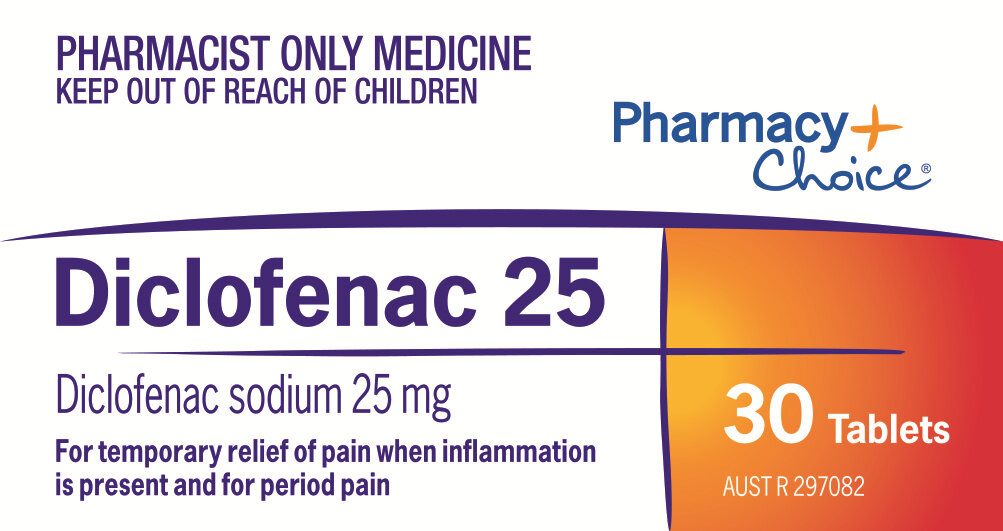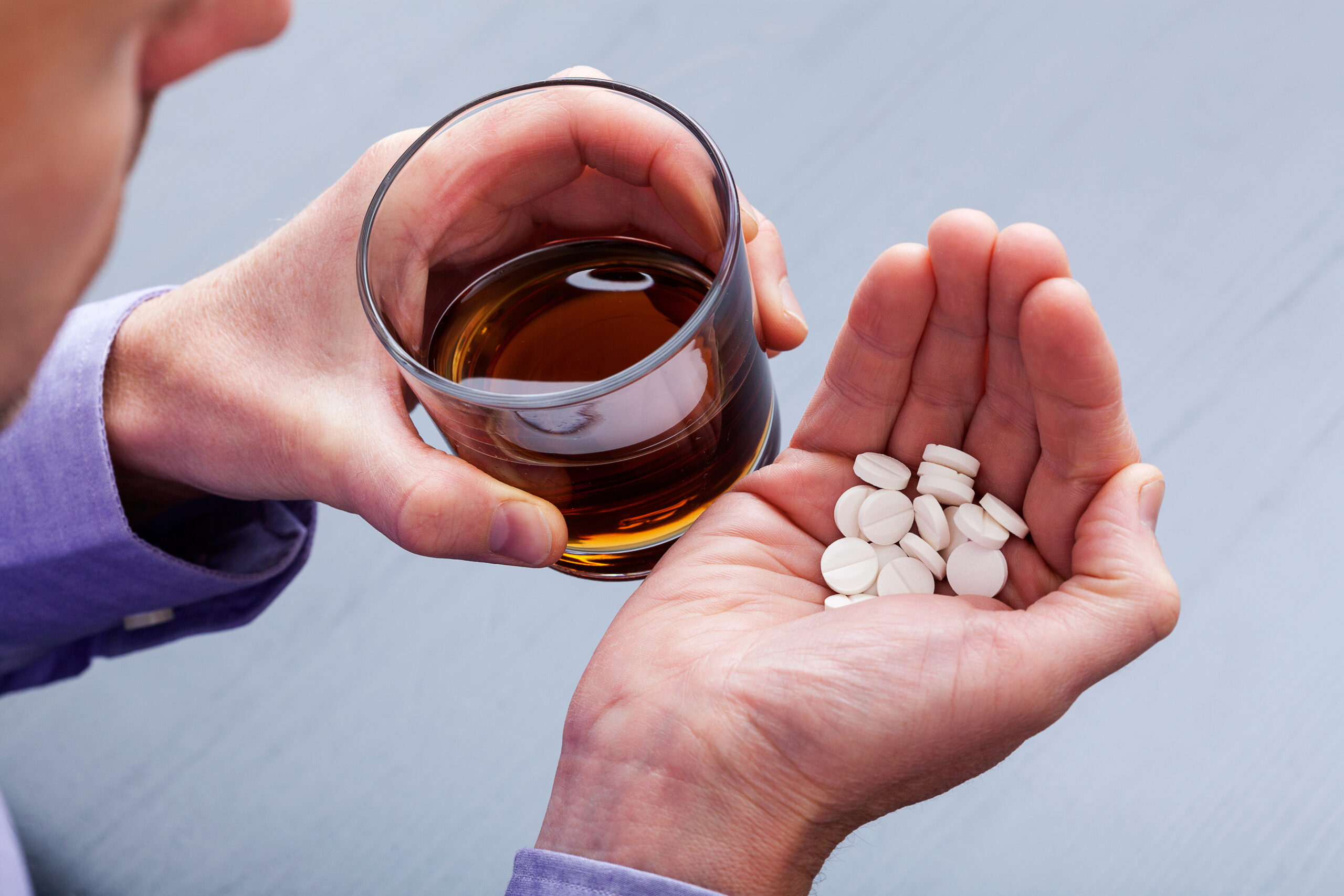For those taking diclofenac, alcohol should be avoided for roughly 72 hours afterward. The adverse effects can include stomach bleeding. A medical provider should be contacted immediately if you inadvertently mix the two and experience symptoms of an irritated stomach, coughing up blood, tarry, bloody stools, and vomit that looks like coffee grounds.
The suggested rule after taking medications is to refrain from alcohol for roughly four hours before consuming alcohol; it’s possible to consume a minute amount with minimal side effects. However, alcohol will interfere with certain drugs’ intended effects or intensify them. With diclofenac, the risks with this medication for internal bleeding can be exacerbated.
Diclofenac is an NSAID that is more potent than ibuprofen and requires a prescription from the physician to take it. Still, diclofenac sodium, or Voltaren nonsteroidal anti-inflammatory drug, is generic and can be bought over the counter. It is generally prescribed as a “25 to 50 mg dose but can go up to as high as 150 mg daily.”
That’s based on the severity of the individual’s joint or arthritis pain. Patients can be prescribed doses of ibuprofen as high as “800 mg to 3200 mg in a day.”
It is indicated that mixing pain meds and alcohol can be dangerous, and the recommendation is to avoid it. Even alcohol combined with over-the-counter medications has the potential to contribute to serious health problems.
Table of Contents
ToggleShould You Take Diclofenac While Drinking Alcohol?
While taking diclofenac or Voltaren, alcohol should be avoided since it has the potential to increase the risk of internal bleeding, heart issues, and difficulty breathing, among other symptoms.
A suggestion with this medication is to ask a healthcare provider for a topical solution such as Voltaren gel. This form is applied to the skin’s surface directly to the target area.
In this way, minimal amounts of the drug will be absorbed into the bloodstream. This will produce far fewer adverse effects within the “platelets, stomach, and kidneys,” which are the key concerns with interactions between alcohol and diclofenac.
When taking the capsules, the suggestion is to avoid drinking for roughly “14 hours” until the medication has left your system. If you inadvertently take the drug after drinking or with alcohol, it’s essential to pay attention to the following symptoms:
- Slurring speech
- Shortness of breath
- Weakness on one side of the body
- Fluid or swelling retained in the legs or arms
- Tarry, black, sticky stool
- Intense stomach pain
- Bloody stool
What Is Diclofenac?

Diclofenac is a pain typically found in capsules, tablets, creams, and on. There are generic forms that can be bought over the counter. Still, diclofenac is a prescription-only medication that should not be taken with alcohol and should be entirely out of your system before alcohol is consumed.
It takes roughly 14 hours to leave the body, making waiting at least that amount of time necessary. Still, the suggestion with any medicine is to be safe and wait as long as possible before consuming alcohol after taking a painkiller. Many suggest 72 hours. When you half the table, it can be eliminated in approximately three hours, the proposed “half-life.”
The complete elimination process will depend on the individual’s metabolism and absorption rate. The medication is not one that people are supposed to take on a long-term basis. This is a drug strictly intended for the short term. The pill is designed to decrease instances of pain and help reduce inflammation associated with osteoarthritis.
The resultant damage from drinking alcohol too soon following a dosage can include stomach damage as well as problems with the small intestine that can produce gastrointestinal bleeding. Medical professionals advise avoiding any alcoholic beverage while on painkillers, NSAIDs, and particularly this drug.
Drinking Alcohol When Taking Medication
It’s important to consider drug metabolism when considering what wine, beer, and spirits can do to the system while on diclofenac. While certain drugs won’t interact, many people believe that means none will, but that’s a fallacy.
It’s not merely the prescription drugs that are affected by drinking but over-the-counter meds plus supplements and herbal solutions. Some resultant interactions most people see when consuming alcohol with meds include:
- Intensification of intoxication: Alcohol has the potential for impaired motor function, creates drowsiness and dizziness, and makes an individual sleepier than usual when drinking more than what would constitute a standard amount. If you take medication while intoxicated, the alcohol will magnify the symptoms.
- Risk of overdose: When taking medication or if medication has not been eliminated from the body, the system has a much more difficult time breaking down the beverage creating a strong chance of overdosing.
- Gastrointestinal issues: NSAIDs, and painkillers like diclofenac, when taken with alcohol, can result in “erosion of the intestinal lining,” creating the potential for a range of adverse reactions.
- Stomach damage: Holes or ulcers can result from mixing alcohol with diclofenac and other meds since the stomach becomes damaged.
- Cardiovascular issues: An irregular or rapid heart rate, fluctuations in blood pressure happen suddenly, and some interactions can result in heart attacks and blood clots.
- Liver damage: The liver is a primary component for breaking down meds and alcohol. When these are consumed simultaneously, it stresses the organ resulting in damage. You can begin to see jaundice or yellowing of the eyes and skin, experience fatigue, rapid weight loss, and more.
- Cognition: Combining the drug and alcohol can result in memory difficulties and confusion.
Before taking any medication, it’s essential to ask a doctor how long after taking the medication you need to wait before drinking alcohol, based on your medical profile.
Conclusion
Because diclofenac can weaken the lining of the gastrointestinal tract, which has the potential to lead to ulcers and bleeding within the stomach, alcohol should be avoided. Alcohol can intensify these risks dramatically, particularly excessive use.
Serious instances of gastrointestinal bleeding have the potential to be fatal. Paying attention to symptoms and seeking emergency medical care at the first sign of a problem is crucial.

I am a passionate beer connoisseur with a deep appreciation for the art and science of brewing. With years of experience tasting and evaluating various beers, I love to share my opinions and insights with others and I am always eager to engage in lively discussions about my favorite beverage.
















